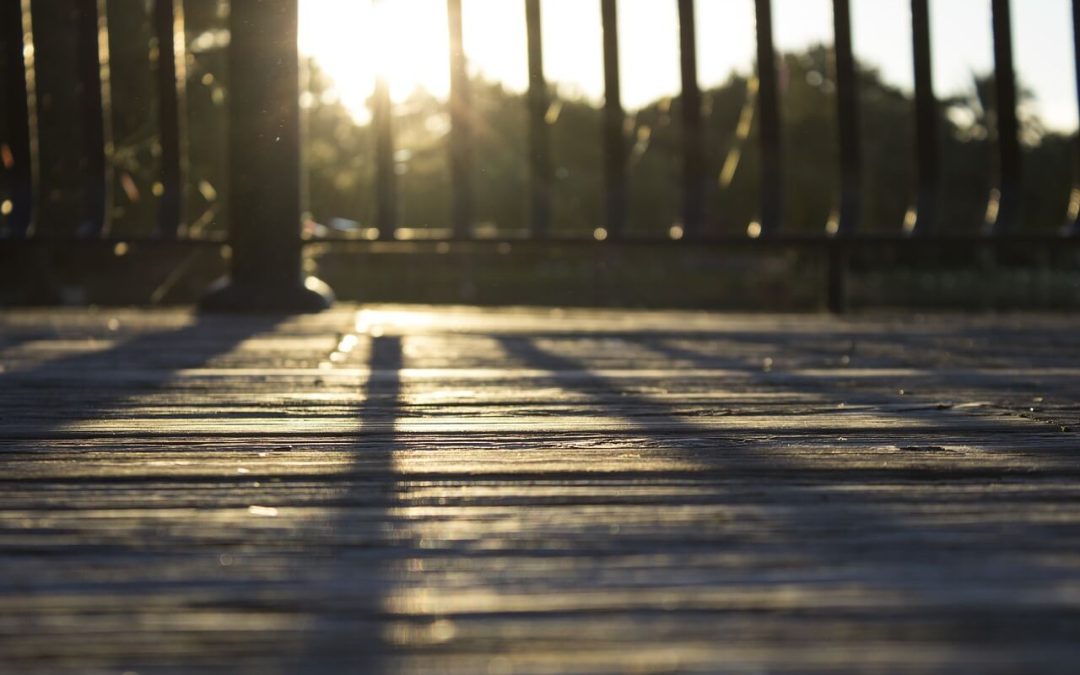There are risks and rewards associated with buying an older home. Considering all of the pros and cons will help you decide what’s best for you and your family.
Drawbacks to Buying an Older Home
Older homes are full of character and history, but there are a few things associated with them that may pose problems.
Increased Need for Maintenance
When buying an older home, it is important to have an inspection performed to check for issues like sloping floors or issues with the plumbing or electrical systems that will need to be fixed. It’s important to check if the age of the home will increase the cost of homeowners insurance.
Smaller Floor Plans and Less Storage space
The new trend towards open concept homes can make older homes feel smaller due to the extra walls. There will likely also be less room for large, modern kitchen appliances and less storage space throughout the home. Older homes tend to have fewer closets, and they’re much smaller than those you’ll find in newer homes.
Reduced Energy Efficiency
Most older homes were built before energy-efficient features were available. If the property has not been updated, you’ll see higher energy costs. If you buy an older home, plan on upgrading windows, doors, and insulation, along with additional weatherproofing measures to improve your energy efficiency.
Potential Safety Issues from Buying an Older Home
Some older homes were built with materials like asbestos or lead paint, now known to be dangerous. An inspection alerts you to potential safety concerns. If a home has asbestos or lead paint, you’ll need to hire a professional to safely remove the materials from the property. Older homes often need more attention to make the house safer for your family.
Benefits of Buying an Older Home
Despite the risks associated with buying an older home, there are also many benefits.
Lower Initial Costs
New construction homes often cost more than older homes. If having a lower down payment is important to you, buying an older home could help with your initial costs. This will leave more room in your budget for any remodeling or repairs in the future.
More Central and Established Locations
Most older homes are in neighborhoods that are closer to downtown areas than newly built subdivisions. This lowers your commute time and puts you closer to stores, restaurants, and other attractions. Older neighborhoods often have larger, mature trees and established landscaping while newer subdivisions do not.
Aesthetics and History
One of the best aspects of buying an older home is the charm and character. Old homes are unique and offer a distinctive look without having to pay for a custom build. The house may also have historical value because of its ties to a specific time period.
Project Ready
The idea of a fixer-upper scares many potential buyers away, but others will welcome it. While project homes may seem daunting, they offer a chance for the homeowners to renovate the home to their liking. Older houses with up-to-date renovations generally are more valuable than newer homes.
Buying an Older Home
There are many factors to think about when buying an older home. Consider these pros and cons to help you make the best decision about what home is right for you.
District Home Inspection provides inspection services in the Washington D.C. area. If you’re buying a home, contact us to schedule an appointment.

